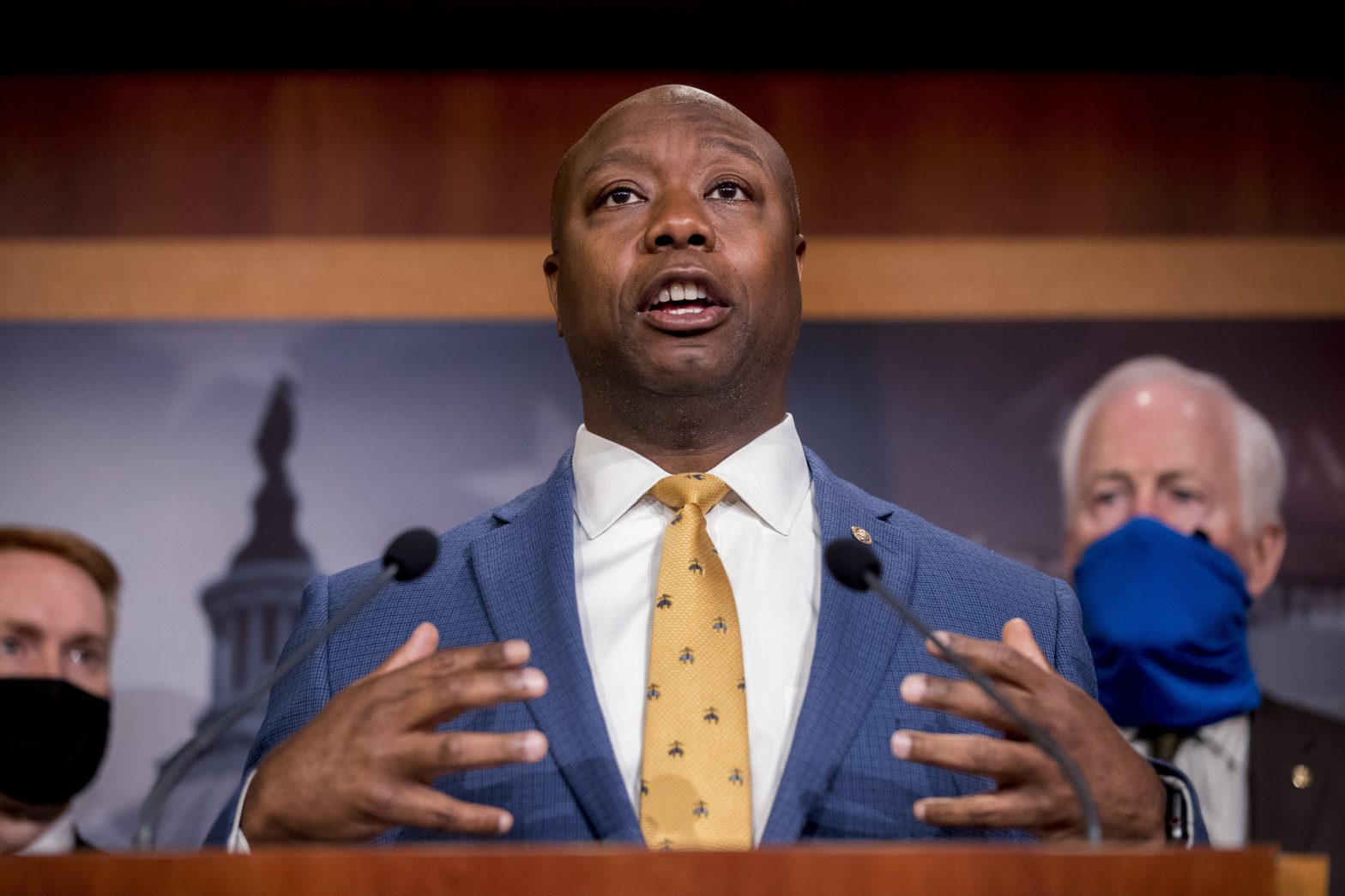Senate Reaches Impasse on Police Bill, Opening Door to Bipartisan Negotiations

WASHINGTON – A policing reform bill proposed by the Senate’s lone Black Republican failed to garner enough votes to pass on Wednesday after Senate Democrats said its proposed reforms didn’t go far enough in the wake of the deaths of George Floyd and other African Americans at the hands of law enforcement.
The vote was 55-45, failing to reach the 60-vote threshold needed to advance.
Two Democrats, Alabama Sen. Doug Jones and West Virginia Sen. Joe Manchin, along with Sen. Angus King of Maine, an independent who caucuses with Democrats, voted with Republicans to open the debate.
But minutes before the vote was taken, Senate Minority Leader Chuck Schumer, D-N.Y., said he was praying for the bill’s failure, “so we can start on the path of bipartisanship.”
That call seems to have been heard by Sen. Tim Scott, the South Carolina Republican who authored the bill.
“If you don’t think we’re right, make it better, don’t walk away,” Scott said.
The bill Scott crafted, known as the Justice Act, would create a national database of police use-of-force incidents, restrict police chokeholds and set up new training procedures and commissions to study race and law enforcement.
The package is not as sweeping as the one the House plans to vote on Thursday. Among other things, the George Floyd Justice in Policing Act of 2020 would hold police liable to damages in lawsuits.
Law enforcement and business groups including the U.S. Chamber of Commerce have urged both parties to find common ground.
Neither bill goes as far as some activists want with calls to defund the police and shift resources to other community services.
After the vote, Senate Majority Leader Mitch McConnell lambasted the Democrats, accusing them of engaging in “political nonsense.”
But in a noteworthy move, before the vote ended, McConnell changed his vote to no, a procedural move that will allow him to bring it back for reconsideration.
He also vowed to try again, saying he hopes to pass legislation before a July 4 recess.
Americans “deserve better than a partisan stalemate,” McConnell said.
House Speaker Nancy Pelosi has also indicated she is eager to enter talks with the Senate, yet another sign party leaders in both chambers believe a compromise bill is possible.























